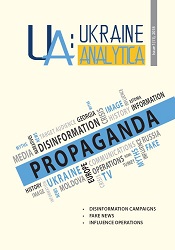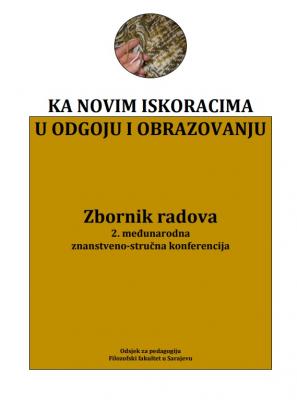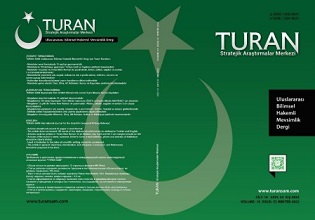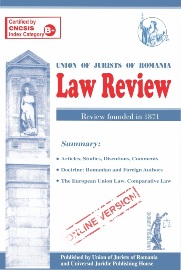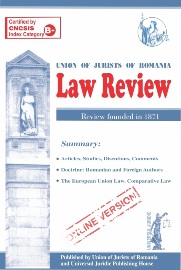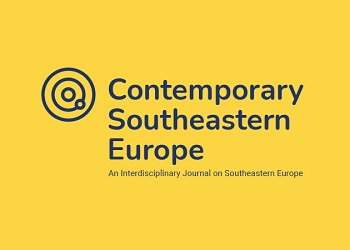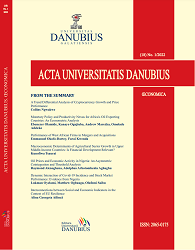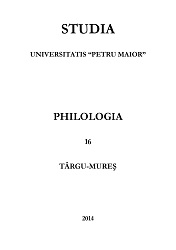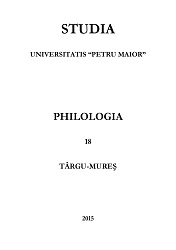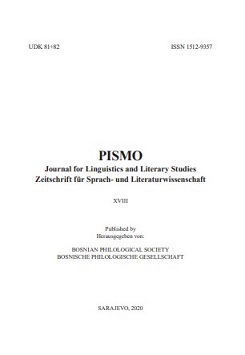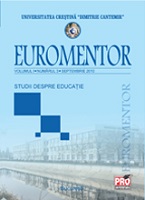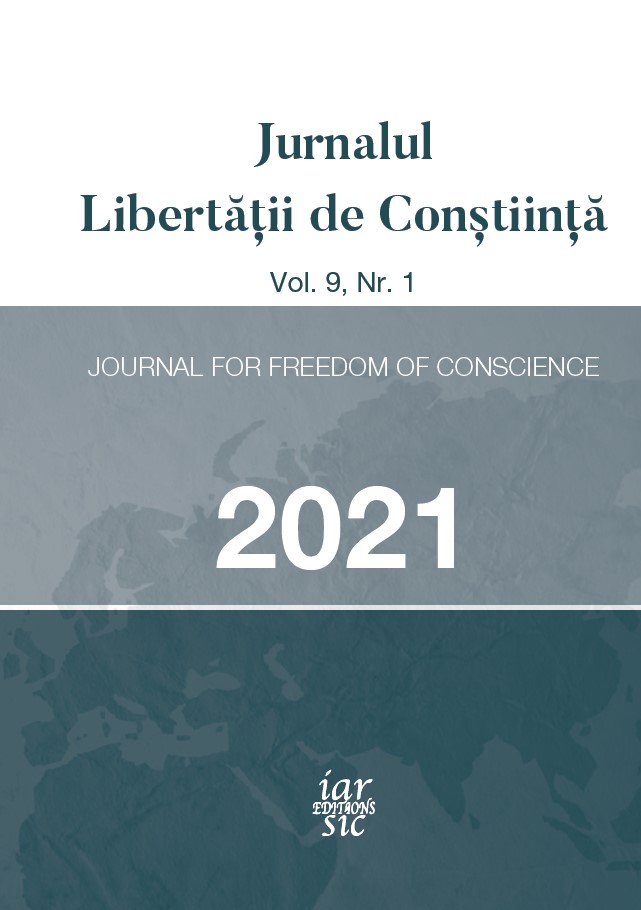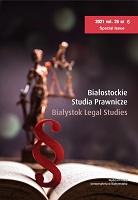
Has the CJEU Made the First Step to Put a Stop to the Criminalisation of Migration? Commentary to the Judgement in the Case of JZ in the Context of the COVID-19 Pandemic
The paper presents a critical discussion of the CJEU judgment in the JZ case (C 806/18), in which the Court interpreted Article 11 of Directive 2008/115 that regulates entry ban issuance. The author asks a question of whether an entry ban as a measure limiting the right to free movement has a moral and legal ground in international law and EU law. Moreover, the author focuses on the problem of the criminalisation of irregular migration - both in the context of the established line of the Court’s case law and in the case of a vague national law standard that penalizes illegal stays - the possibility to apply the criminal law concept of error in law and thus exclusion of criminal liability of an illegal migrant.
More...
